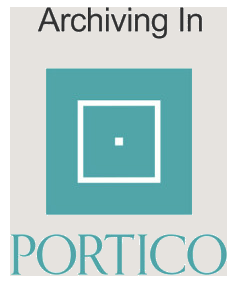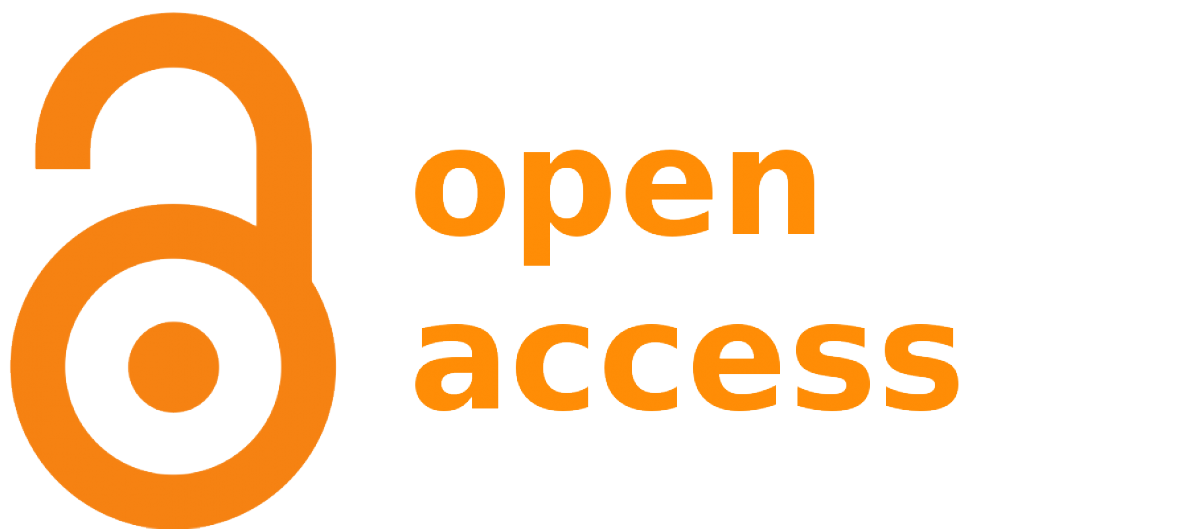Author Bio
Srikala Naraian is Professor of Education in the Department of Curriculum and Teaching at Teachers College, Columbia University. Situated in the disability studies tradition, she researches inclusive education and teacher education for inclusive classrooms. She has prepared teachers for inclusive education in both US and international contexts. Currently, she is exploring non-representational arts-based methodological approaches with intellectually disabled students. She has published widely in many journals including International Journal of Inclusive Education, Teachers College Record and Curriculum Inquiry.
Maddie Neufeld is a doctoral candidate in the Department of Curriculum & Teaching at Teachers College, Columbia University, and an instructor in the Elementary Inclusive Education program. Her dissertation research explores the ways that whiteness haunts places, practices, and times of teaching. She is engaged in research on affective and embodied aspects of teaching inclusively. Her methodological inquiries engage with the non-representational, including poetic inquiry. Maddie worked as a special educator in New York City public schools and is committed to supporting teachers to develop inclusive pedagogies and practices.
Yoomi Bae is a Special Education teacher in an Integrated Co-Teaching classroom at a public school in New York City. She is deeply committed to providing every student, regardless of background or ability, with an equitable opportunity to succeed, ensuring that all students feel valued and empowered to express themselves. Yoomi prioritizes building strong, trust-based relationships with her students, inspiring them to see education as a tool for personal growth and a pathway to active participation in the world beyond the classroom.
Keywords
inclusive education; narrative inquiry; non-representational inquiry; emotions in teaching
Abstract
As narrative researchers, our inquiry into the ordinary work of teachers as they go about enacting inclusive pedagogies presumes that “a person’s experience must be listened to on its own terms first, without the presumption of deficit or flaw” (Clandinin & Rosiek 2007 50). We simultaneously turn away from a human-centered agency opening up to the possibilities for thinking, feeling, doing, and being that are evoked when we imagine the teacher as non-sovereign, intra-acting, and becoming among bodies of schooling. We move frictionally (Springgay & Truman 2018) through these frameworks as we attempt a narration of a teacher. Departing from an exclusively narrative mode of thought we try not to focus on the meanings of events in which she is enfolded. Instead, we try to surface the multiplicity of entangled phenomena through writings that stay close to the event of analysis, such that we too, are caught in the narration.
Recommended Citation
Naraian, Srikala; Neufeld, Maddie; and Bae, Yoomi
(2024)
"Feeling Inclusion: Becoming-with in narrative inquiry with an inclusive educator,"
Turning Toward Being: The Journal of Ontological Inquiry in Education: Vol. 2:
Iss.
1, Article 6.
Available at:
https://rdw.rowan.edu/joie/vol2/iss1/6
DOWNLOADS
Since December 16, 2024
COinS






